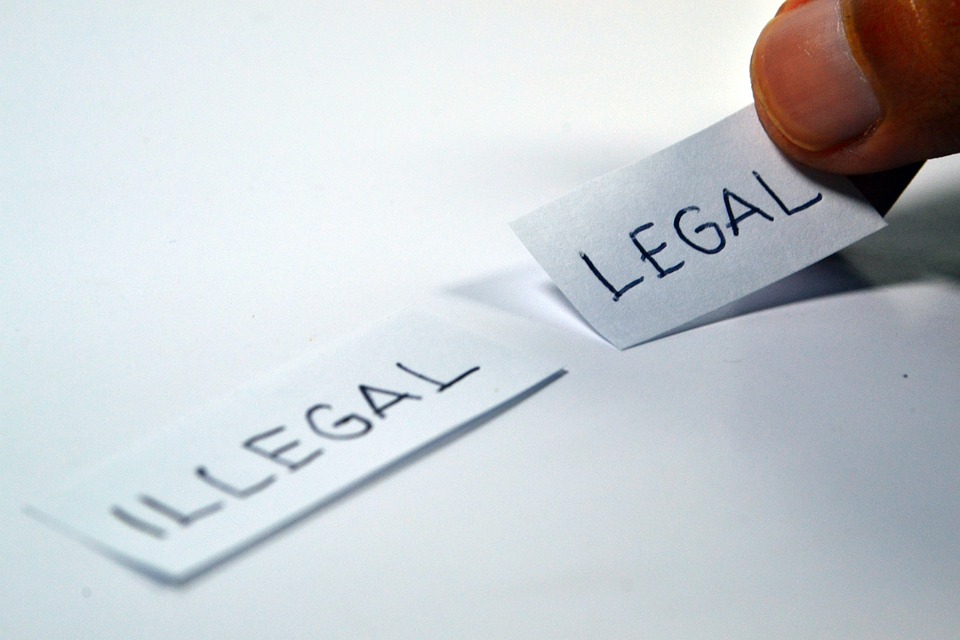The world comprises diverse societies, cultures, and legal systems, and what is considered legal or illegal can vary significantly from one country to another. Some countries have strict laws reflecting their cultural values, political systems, or historical legacies. Here are some of the toughest laws in different countries around the world:
1) Saudi Arabia’s Sharia Law
Saudi Arabia is known for having one of the strictest legal systems in the world, based on a strict interpretation of Islamic Sharia law. Some of the most severe punishments under Saudi law include public flogging, amputation, and the death penalty, carried out by beheading. The law imposes strict dress codes, bans women from driving, and prohibits public gatherings or displays of affection between unrelated men and women.
2) Singapore’s Strict Drug Laws
Singapore is notorious for its tough stance on drug offenses, which can result in lengthy prison sentences, caning, or the death penalty. The country’s drug laws make it illegal to possess or traffic any amount of certain drugs, including marijuana, cocaine, and heroin.
3) North Korea’s Strict Regime Laws
North Korea is a totalitarian state with a strict regime that imposes harsh restrictions on the freedom of expression, movement, and association. The country has labor camps where political dissidents and other perceived threats to the regime are sent for punishment, often subjected to torture, forced labor, and starvation.
4) United Arab Emirates Strict Alcohol Laws
The United Arab Emirates imposes strict laws on the sale and consumption of alcohol, which is prohibited for Muslims and heavily restricted for non-Muslims. It is illegal to drink or possess alcohol in public, and driving under the influence can result in severe penalties, including imprisonment and fines.
5) Iran’s Strict Dress Codes
Iran’s Islamic law requires women to wear hijabs in public, covering their hair and bodies in loose-fitting clothing. Violating the dress code can result in fines or imprisonment, and repeat offenders may face more severe punishment. The law also prohibits men and women from socializing or dancing together in public.

6) China’s Strict Internet Censorship Laws
China has one of the world’s most restrictive internet censorship regimes, known as the “Great Firewall.” The government monitors online activity, censors or blocks access to websites or content deemed sensitive or subversive, and punishes individuals who engage in online dissent or activism.
7) Russia’s Strict Anti-LGBT Laws
Russia has been widely criticized for its strict laws against LGBT rights, including a 2013 law that bans the promotion of “non-traditional sexual relations” to minors. The law has been used to justify discrimination and violence against LGBT individuals and organizations. It has resulted in arrests and fines for those who openly express their sexuality or support LGBT rights.
8) United States’ Strict Immigration Laws
The United States has some of the strictest immigration laws in the world, with complex and often lengthy processes for obtaining visas, citizenship, or asylum. The government has also implemented controversial policies, such as the separation of families at the border, the travel ban on citizens of certain countries, and the deportation of undocumented immigrants, which have sparked widespread protests and legal challenges.
While some of these laws may reflect cultural or political values, others have been criticized for their infringement of fundamental human rights or their disproportionate or discriminatory impact on certain groups. It is essential for individuals and organizations to advocate for legal reform and to hold governments accountable for respecting and protecting human rights and dignity.
In conclusion, the world is made up of diverse legal systems, some of which impose strict laws and penalties. While laws are often shaped by cultural values, political systems, or historical legacies, laws need to respect and protect human rights and dignity.

